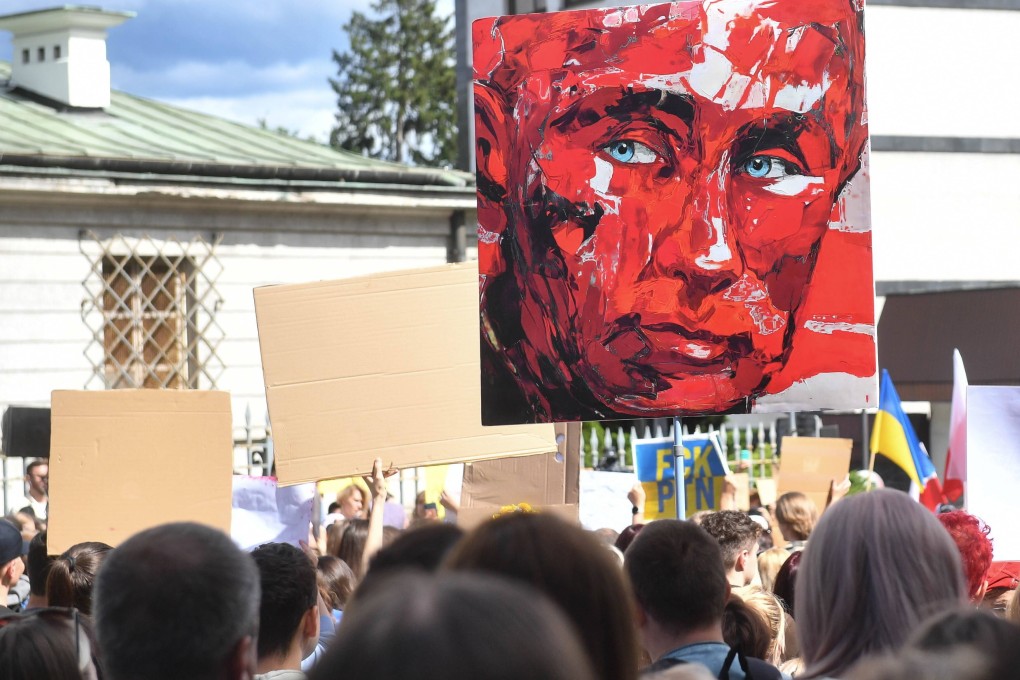The View | Ukraine war: whether Western sanctions on Russia are working is only part of the question
- Western sanctions must be judged against other possible alternatives, the costs they bring and what other action can be taken if they are not working
- Everyone is feeling the economic pain, but it is a price we must pay to restore global order

Russia’s unilateral invasion of Ukraine upended the global legal order in place since World War II. From the ashes of that war, the world’s powers rebuilt the legal struts for global peace.
A cornerstone of this legal order is the prohibition on states using force, except in self-defence. Russia’s invasion of Ukraine fundamentally violated the peace compact that has kept the world relatively stable since the last war. There is nothing more urgent now than restoring the peace pact on which all nations rely.
Countries must be able to count on their neighbours not to invade them. Governments and citizens must be able to rely on the community of nations to act in concert to decisively punish and curtail the brazen use of force. Without these basic expectations maintained, wars – with all their incalculable human costs – will become more likely.
